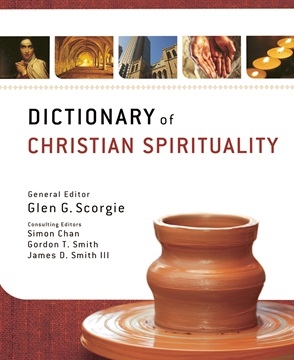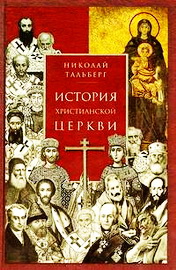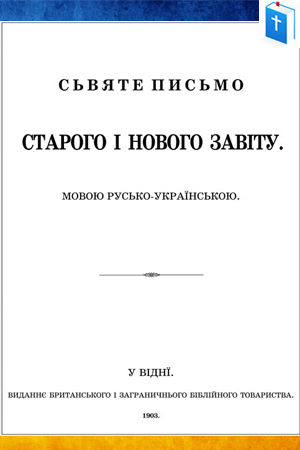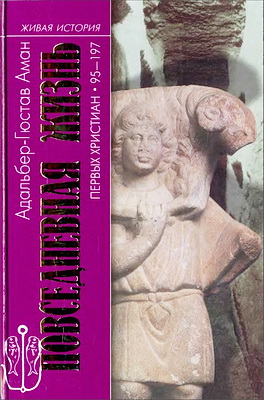
Scorgie - Dictionary of Christian Spirituality
Glen G. Scorgie - Dictionary of Christian Spirituality
Zondervan, 2011. – 864 p.
ISBN 978-0-310-29066-7
This volume was prepared with the conviction that the way to really live is to do so before God in the transforming and empowering presence of his Spirit. The key is to cultivate consciousness of and willing alignment with the presence and grace of God in all things. At this point in history, this has become more than a “quality of life” issue. Many insightful observers of our times agree with Thomas Cahill in his assessment that “the twenty-first century will be spiritual or it will not be.” The crises of the modern, materialist world suggest that spirituality may now matter more than ever before. The problems of our times are too deep-seated to allow for merely political or economic solutions.
But then we must also frankly ask: Does the Christian faith still possess the resources necessary to satisfy the spiritual needs of the human race? We are convinced that it does. And we also believe that today the Spirit of God is prodding the amnesiac people of God to reclaim the spiritual resources that have inspired and sustained believers through the centuries. The future is ominous for all forms of organized religion that in their worldly calculus cut themselves off from the transcendent.
One scholarly critic of the “spiritual scene” today has described spirituality, as popularly conceived, as a marketable commodity for individuals, one that amounts to little more than “wafting experientialism.” Admittedly, much of the devotional literature produced by Christian publishers is of precisely this vague and fluffy nature. One of the purposes of a reference volume like this is to help Christians reunite their heads with their hearts (and also with their hands, as Dennis Hollinger would have us add). Christian spirituality is about more than having warm feelings toward Jesus.
A new volume like this is not created from scratch. It utilizes resources already available, and we acknowledge with gratitude our indebtedness to so many of these. For example, we have profited from numerous efforts to publish English translations of important primary sources in Christian spirituality. The most impressive of such efforts is the Classics of Western Spirituality (CWS) series that was launched by the Paulist Press in the 1980s. Since then the series has grown to well over one hundred volumes and continues to expand. Also since then HarperCollins has spun off a sixteen-volume series of abridged versions of selected texts from the larger CWS series.
The sheer quantity of such material can be daunting to navigate. For this reason a number of abbreviated one-volume anthologies have been published. Among these there are F. Magill and I. McGreal, eds., Christian Spirituality (1988); R. Foster and J. B. Smith, eds., Devotional Classics (1993); and A. Holder, ed., Christian Spirituality: The Classics (2009).
Certain works have earned the status of milestones in the history of the disciplines of spirituality and spiritual theology. Some of these are not yet available in English, but among those that are, we acknowledge in particular the translated three-volume History of Christian Spirituality (1963–1969), written by Louis Bouyer and others, as well as the three historically sequenced volumes on Christian Spirituality (1985–1989), edited by Bernard McGinn, John Meyendorff, and others, in the World Spirituality series.
* * *
Fruit of the Spirit
According to the apostle Paul, “the fruit of the Spirit is love, joy, peace, patience, kindness, goodness, faithfulness, gentleness and self-control. Against such things there is no law” (Gal. 5: 22–23). This is not an exhaustive list but rather illustrates the qualities of someone who “walks by the Spirit.” Elsewhere Paul cites faith, hope, and love as three vital dispositions also granted by the Spirit. Evidently, walking in the Spirit can bear many different kinds of “fruit.”
The fruit of the Spirit are universally applicable virtuous ideals, while the gifts of the Spirit are individual talents or skills that enable one to contribute to the well-being of others. Another distinction between the two categories is that gifts are distributed selectively to different people (1 Cor. 12), while the fruit of the Spirit are meant for all believers. Some have tried (unsuccessfully) to make further rigid distinctions between gifts and fruit of the Spirit. Gifts, for example, have been conceptualized as natural talents or learned skills, while fruit have been viewed as divine in origin and solely given by grace. In Aquinas, gifts are natural (developed), while fruit are supernatural (infused). Such speculations create an unnecessary dichotomy between natural and supernatural. The truth is that both “fruit” and “gifts” are metaphors for the work of God in a person’s life. A person is not a tree, but the metaphor of fruit emphasizes that these characteristics grow out of a deep relationship with God, rather than from our own efforts. However, there are natural human qualities in all the fruit, even though their perfection may only come from the Holy Spirit; and the same is true of gifts.
The foundation of Christian spirituality is grace. By the grace of God, we are freed from sin and given the ability to live in freedom as children of God (Gal. 5: 1). The apostle Paul argued that “the entire law is summed up in a single command: ‘Love your neighbor as yourself’ ” (Gal. 5: 14). However, the Great Commandment is not a new law to replace the old one. Rather, the key is to live by the Spirit and not be controlled by the lusts of the flesh. Those who are led by the Spirit are not under the law (an external restraint), and the works of the flesh will not be part of their behavior (Gal. 5: 19–21). Instead, they will experience the fruit of the Spirit. Where the Spirit of God is, there is liberty; and believers will be changing by the Spirit into the image of the Son (2 Cor. 3: 17–18).
See also Joy; Love; Peace; Self-Control.
For Further Reading: T. Keating, The Fruits and Gifts of the Spirit (2007); P. Kenneson, Life on the Vine (1999).
Bernard Adeney-Risakotta





Комментарии
Пока нет комментариев. Будьте первым!